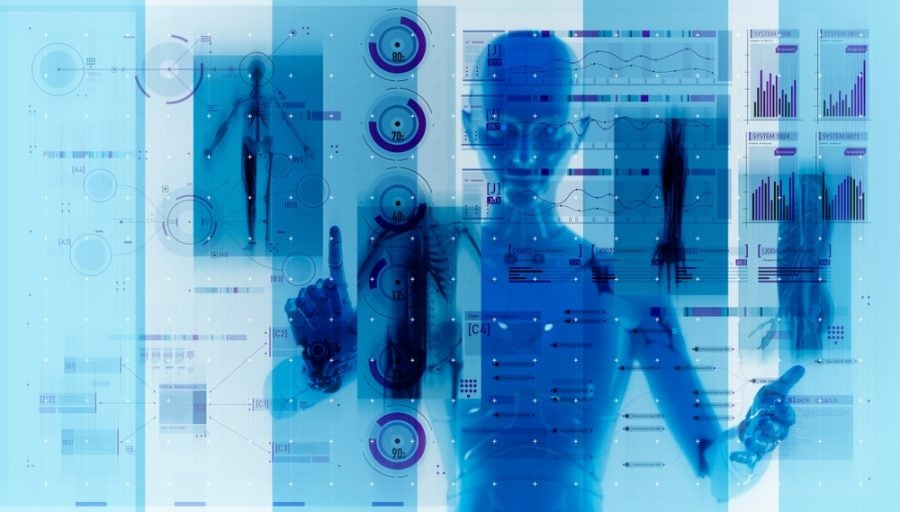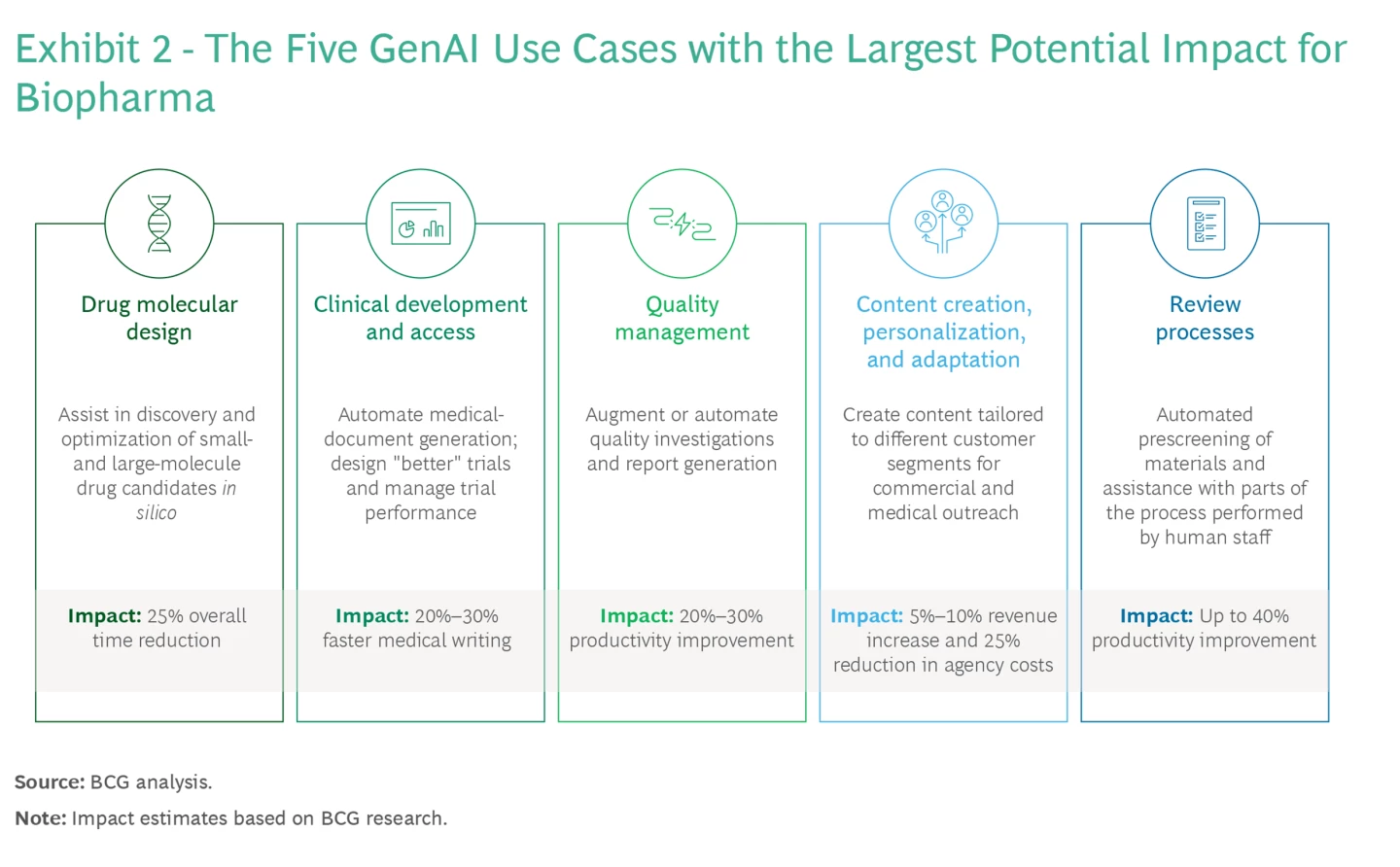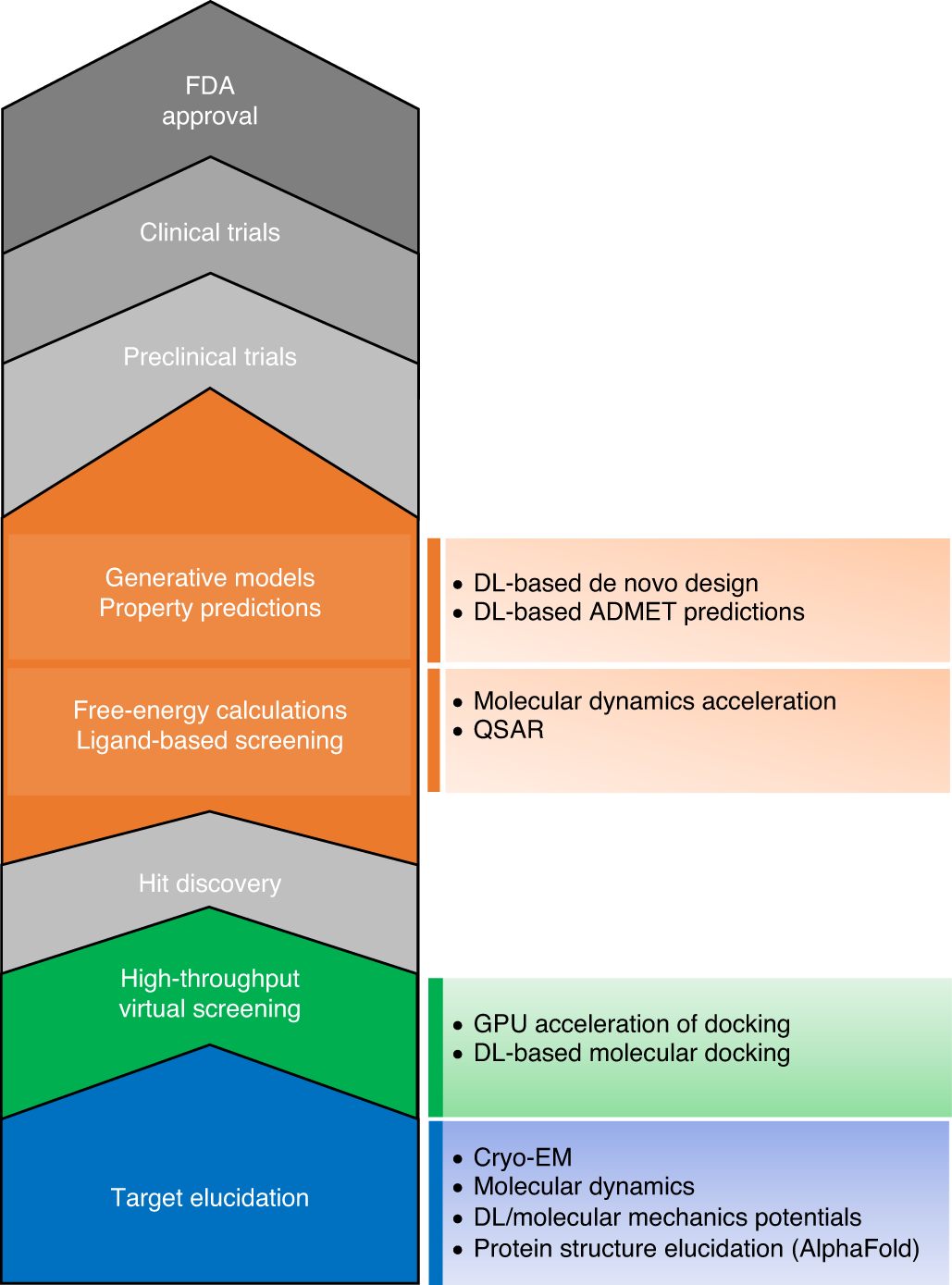Can AI Help Biopharma Companies Go Green? | BioSpace
Artificial intelligence is already reshaping aspects of our society, including biotech and pharma. Companies in the industry are leveraging technology in areas such as drug discovery and development, hiring, and sales.
The Potential of AI in Driving Sustainability in Biopharma
Some experts suggest that by making biopharma more efficient, AI can also drive a shift toward greater sustainability in the industry. Yet today’s AI models consume large quantities of energy. Experts in the field discuss how the insights AI affords can potentially boost sustainability and whether these gains outweigh the technology’s environmental cost.
While the pharmaceutical industry rarely comes up in discussions about major contributors to climate change, its estimated global carbon emissions per unit of GDP are almost 55% higher than that of the automotive industry.

Reducing Waste in Drug Development
A recent article by Insilico Medicine CEO Alex Zhavoronkov argues that the pharmaceutical industry is among the most inefficient on the planet. Employing AI can help reduce waste in drug development, making the process more efficient and sustainable.
Dave Latshaw, the CEO and co-founder of healthcare AI company BioPhy, believes that leveraging AI can reduce physical resource usage and compress the timelines required for drug development, ultimately leading to more sustainable practices in the industry.
The Environmental Costs of AI
AI itself carries significant energy costs. Researchers have found that large AI models can consume significant amounts of electricity, raising concerns about the environmental impact of AI technologies.

Quantifying the energy costs and benefits of integrating AI in the biopharma sector is challenging. Experts argue that current estimates are incomplete and reveal only a fraction of AI’s complete energy cost. The energy consumption of AI models varies considerably.
AI Applications for Sustainability in Biopharma
AI can help advance sustainability in the pharmaceutical industry, especially in making buildings more energy-efficient. By optimizing energy usage through AI algorithms, companies can reduce their carbon footprint and achieve significant energy savings.

Additionally, AI tools like SYNTHIA from Merck KGaA can accelerate the drug discovery process while promoting sustainability by suggesting greener synthesis pathways.
The Future of AI in Biopharma Sustainability
While AI may have the potential to help biopharma companies reduce their environmental impact, the industry's prioritization of sustainability remains a question. Some companies have taken steps towards developing more sustainable strategies, but more efforts are needed to drive significant change.
AI technologies like energy-efficient pilot projects and tools such as SYNTHIA offer promising solutions for achieving climate neutrality and reducing resource consumption in the biopharma sector.
Overall, AI's role in sustainability is significant and deserving of more attention as the industry navigates towards greener practices.
© 1985 - 2024 BioSpace.com. All rights reserved. Powered by Madgex Job Board Software




















